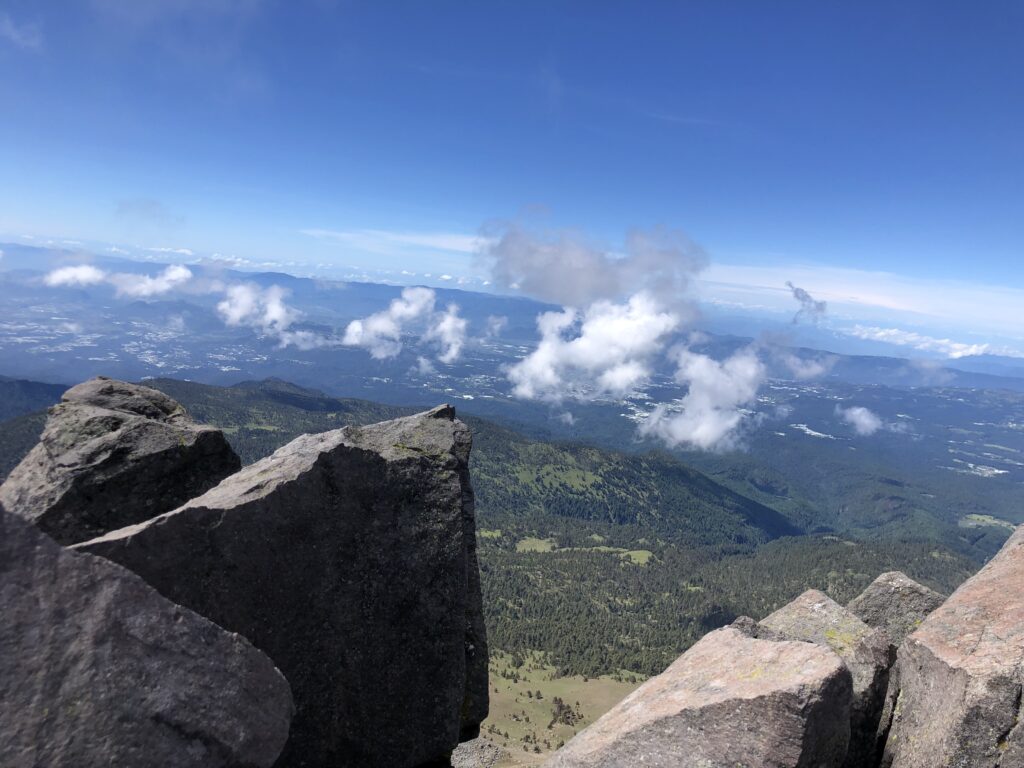Hello all! It has been a while since the previous post. It has been busy days, fortunately!
Today I want to tell you a little bit about leaders and authority. First of all, there is a subtle difference between auctoritas versus potestas. Auctoritas basically means that the person is actually obeyed and respected by the people, while potestas is the concept of the person or institution merely holding the power in paper. For example, while it is the church or the government who might hold the official position or power on some matter, like abortion or marriage, it might very well be that an actor or singer has more de facto power, meaning that people will actually listen more to what he says than the formal authority.
With that introduction, I want to share a bit of what I saw this week on a presentation by Prof. George Mailath, from UPenn. I must say I found it a pretty exciting idea. I won’t annoy you with the details, but just hover over the main idea and share some thoughts about it. What he presents is a simple model where agents have prior beliefs about the state of the world. Then a leader, who also has a signal about nature, shares his message to the followers. A bad leader will just send random signals, so it is not always good to follow him. Therefore, then the followers choose either to obey or not. In essence, when the followers have a strong belief of what nature represents, they will not follow, but when they actually believe that the leader is honest and well-intended, they might change their behavior. Interestingly, the good leader, in general, wants to have the population follow him, so he will pursue that at all costs.
I have two main thoughts about this. The first is that these kinds of models are not very explored. There is some literature, which I want to explore more, but I think this is one of the theoretical areas that might shed light on how other big data models can be applied to economics. The thing is that they get very complicated very quickly.
In line with the previous paragraph, I would like to continue exploring the idea of leader formation, as that relates to my research on how information gets clustered in some areas. While Mailath’s model is interesting and exciting, the authority is not really emerging but is given. I have been looking for ways to find the authority to emerge in a natural context, and it is hard. Not only does one have to make many simplifying assumptions, but then there is the question of pricing and it is just hard to set up the precise model to understand leader formation.
This time I will share a picture of the volcano Nevado de Toluca, which I climbed roughly two months ago.
